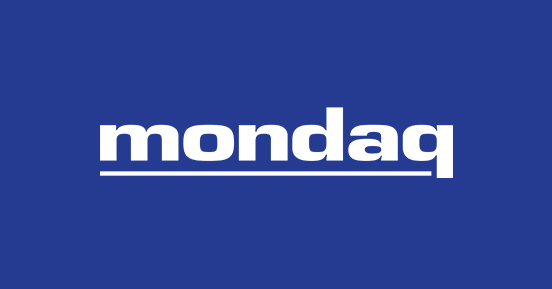Mondaq uses cookies on this website. By using our website you agree to our use of cookies as set out in our Privacy Policy.
Decentralized autonomous organizations (DAOs) are increasingly popular as the organizational structure of choice for many individuals, groups, and companies pursuing NFT-based projects and businesses. In this article, we delve into the legal considerations that NFT ventures should keep in mind while setting up their own DAOs.
DAOs are organizations governed by rules encoded as computer algorithms to ensure transparent operations and transactions controlled by the organization's members rather than an elevated group such as a board of directors or C-level executives. These community coalitions use tokens to represent voting power, as decided by the size of each member's investment or work performed to further its development or objectives. DAOs use smart contracts to automatically execute commands whenever a set of conditions are met. For instance, these contracts may trigger payments, authorize transactions, or initiate a course of action when a majority of the voting stock is cast in favor of a particular action.
The rules of a DAO are stored on an open-source blockchain, so anyone can look into the code and view the transaction records, but they cannot alter the code unless conditions are met that instruct the smart contract to do so. Since there is no central authority that can direct decisions in a DAO, members can share proposals and potential projects within the community where they may be adopted according to the vote. DAOs function similarly to corporations, but without the hierarchical structure. Their primary advantage is in promoting a flat, democratic process through decentralized governance. Unlike a traditional corporation or similar organization, members of a DAO are not bound by any formal contract. Instead, they share a goal or a joint purpose written into rules. There are many different types of DAOs.
Any project or business utilizing a DAO should perform due diligence and seek the advice of an attorney experienced in the digital space to ensure compliance and protections afforded by law. There are several variables to consider.
From the above, it is clear that there are a number of legal risks and considerations involved in creating a DAO in the US. There are jurisdictions friendlier than the US for DAOs such as the Cayman Islands, British Virgin Islands, El Salvador, Singapore, and Gibraltar. It is best to consult a corporate attorney with a current understanding of DAOs and related developments to check whether a DAO is the correct legal structure for your organization.
DAOs are taking the NFT world by storm as the next generation of financial and business innovation. They offer many advantages over traditional corporations including decentralization, member-driven voting and decision-making, and pooling of funds. Nonetheless, they pose many legal risks as they are not generally recognized as legal entities in the US. Further, DAOs that involve multiple jurisdictions may complicate compliance for parties using NFTs. It is best to consult a law firm specializing in legal structures for emerging technologies organizations to reap the benefits of a DAO without falling foul of potential legal risks and pitfalls.
The content of this article is intended to provide a general guide to the subject matter. Specialist advice should be sought about your specific circumstances.
© Mondaq® Ltd 1994 – 2022. All Rights Reserved.
Forgot your password?
Free, unlimited access to more than half a million articles (one-article limit removed) from the diverse perspectives of 5,000 leading law, accountancy and advisory firms
Articles tailored to your interests and optional alerts about important changes
Receive priority invitations to relevant webinars and events
You’ll only need to do it once, and readership information is just for authors and is never sold to third parties.
We need this to enable us to match you with other users from the same organisation. It is also part of the information that we share to our content providers (“Contributors”) who contribute Content for free for your use.


